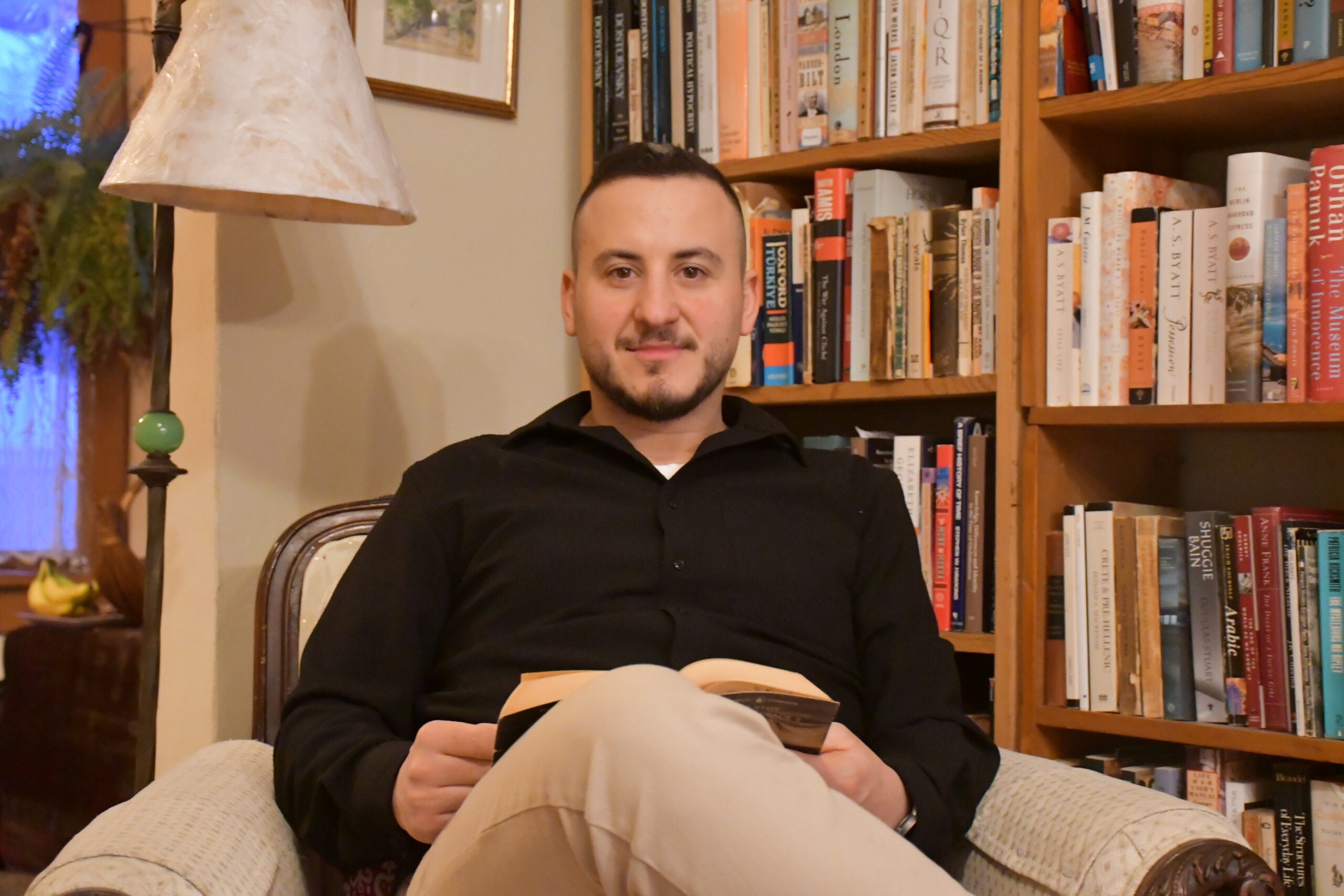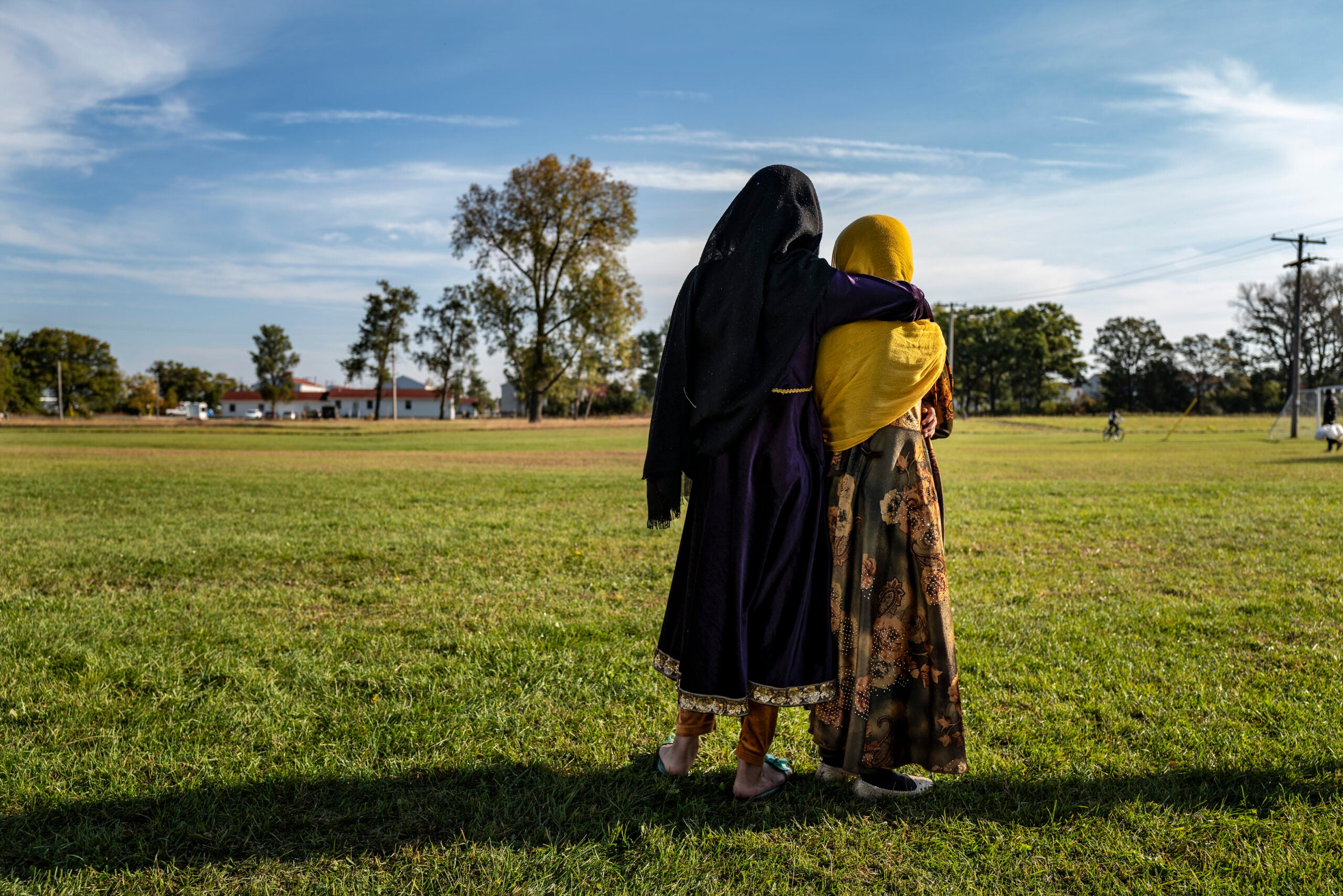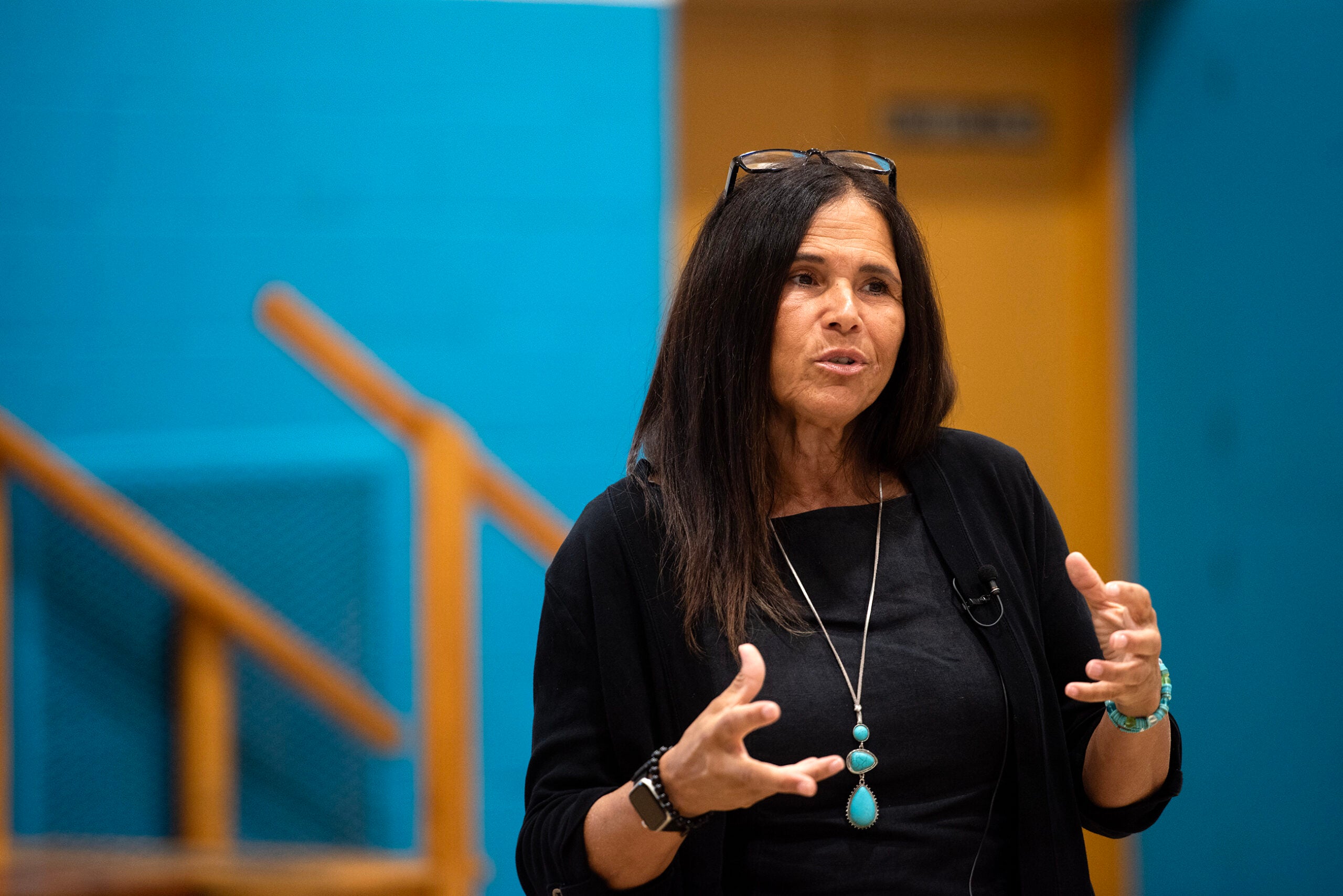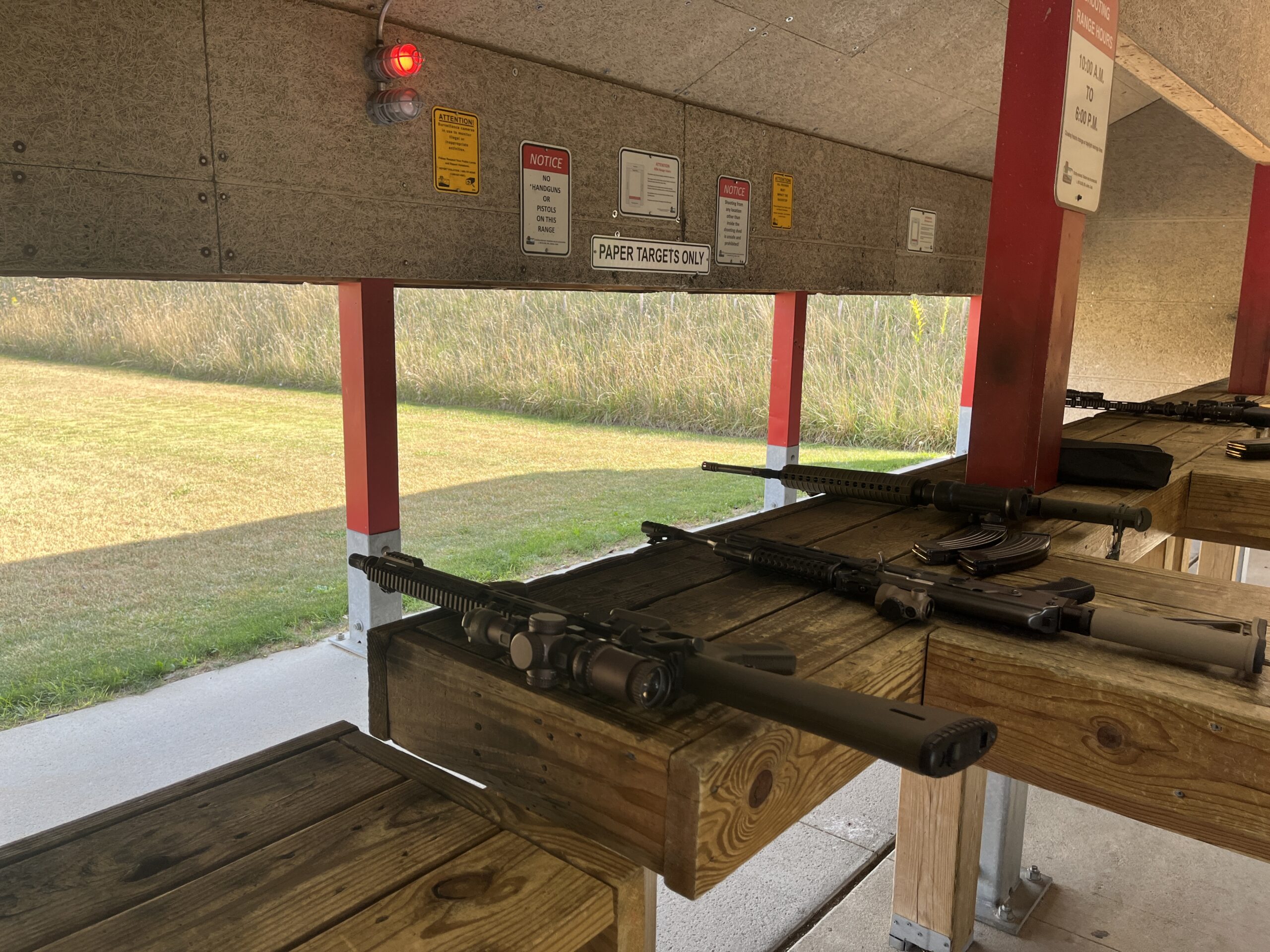When Syrian refugee Mahmoud Shayyah came to Wisconsin in 2021, he started pursuing a master’s degree in rebuilding nations after war. At that time, he never imagined the brutal Assad regime in his home country of Syria could fall.
Until it did on Dec. 8, 2024.
Former President Bashar al-Assad — who reigned with fear and brutality over Syrians for decades — fled to Moscow and the regime collapsed.
News with a little more humanity
WPR’s “Wisconsin Today” newsletter keeps you connected to the state you love without feeling overwhelmed. No paywall. No agenda. No corporate filter.
As the news unfolded, Shayyah was in Wisconsin watching on his phone, iPad and TV. When he heard a newscaster say, “It is 6:18 and Syria is without Assad,” he was in shock.
Retelling that story brought him to tears.
“It meant that prisoners will be out. It means the country would function again. It means there would be no more fear, no more torture — a new chapter in Syria’s history,” Shayyah said on WPR’s “Wisconsin Today.”
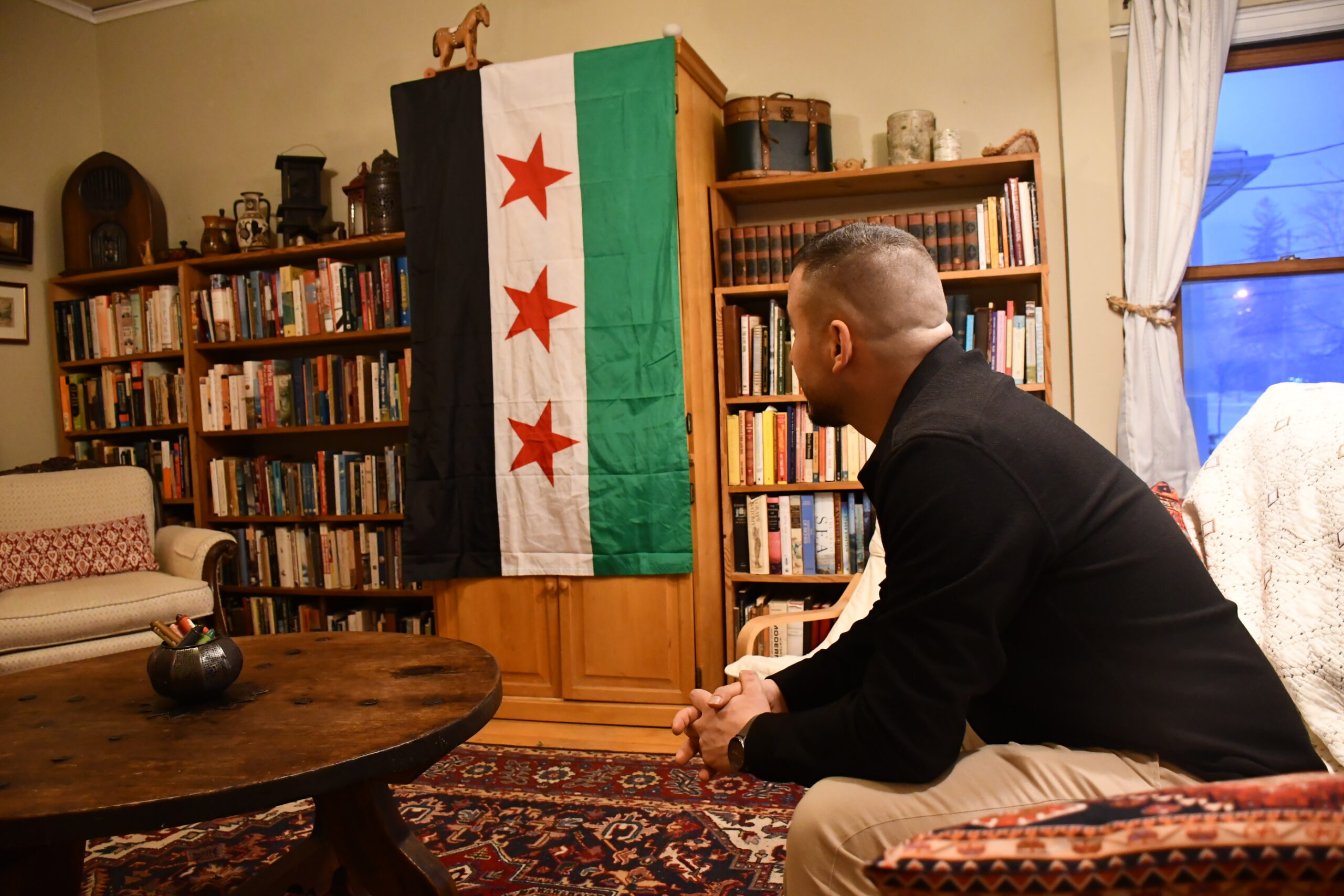
By December, the regime of former president Bashar al-Assad and his family had been in power for more than a half century. A recent report from the United Nations titled “Web of Agony” describes years of arbitrary detention, torture and enforced disappearances by the former Syrian government. More than 306,000 people were killed and millions more displaced.
At the University of Wisconsin-Madison, Shayyah studies how other countries have started over after oppression — how they rebuild the economy, infrastructure and culture. He’d like to start his own humanitarian organization that will help war-torn countries recover, through education for children and young adults.
A career humanitarian
As a child growing up in Aleppo, Shayyah dreamed of leaving Syria.
He has happy childhood memories like living in a three-bedroom apartment with nine siblings where they’d play ball on the roof. Or growing up in a musical family. His uncle was a famous Aleppo musician and some of his 57 cousins still perform today.
But Shayyah also remembers starting work at age 10 and seeing the destruction and poverty caused by the Assad regime.
Today, nearly 13 million Syrians are suffering from extreme hunger and 90 percent of the population lives below the poverty line, according to the World Food Program. Shayyah said even growing up in a loving, middle-class family, there were still hardships.
But once he became an adult and separated the oppression of the regime from the people of Syria, his pride in Syria grew. He points to the country’s ethnic and religious diversity and culture, as well as the capital Damascus, known as one of the world’s oldest continuously inhabited cities.
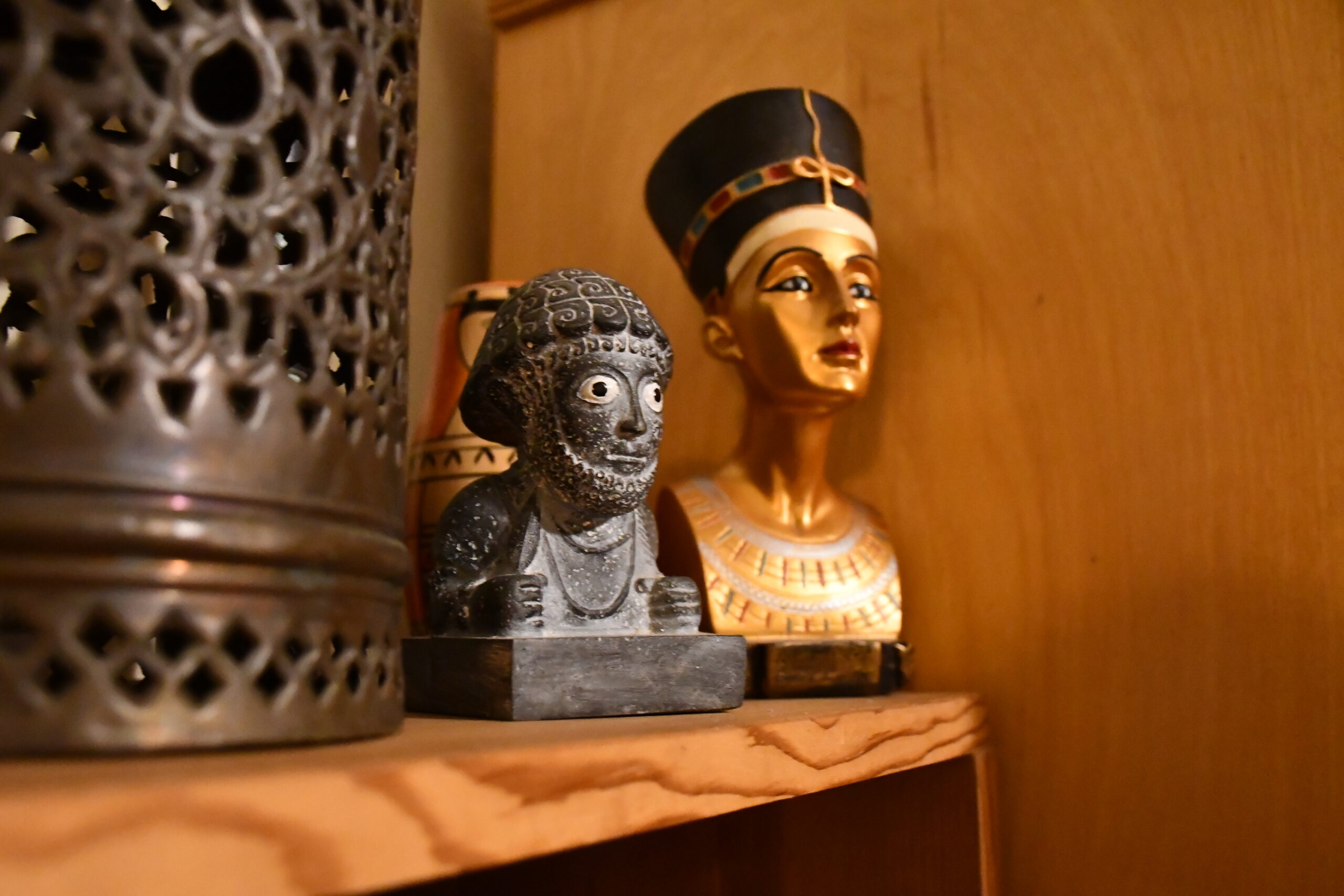
He became a primary school teacher, but once Aleppo joined the Syrian uprising in 2012, Shayyah dedicated the next nine years of his life to humanitarian work. He worked with national and international non-governmental organizations, as well as the United Nations.
He fed hungry families, built schools and led teams of people to relieve suffering in the region. He has been arrested and endured bombings, even experienced shell casings passing between his legs. Over time, he came to see his work as more important than his own life.
“I’m having this sense of accomplishment that I have done something for the people. Tomorrow, am I going to survive? I am really not sure,” Shayyah said.
In the middle of the night, he said he would wake up from nightmares of terrible things happening to him, children he’s helping or the schools he’s trying to rebuild. Shayyah’s mother’s feared for his life. Ultimately, he decided to flee the region.
In 2021, Shayyah and his wife, who’s originally from Madison, moved to Wisconsin.
Rebuilding a nation after war
After Assad’s fall, Syria still has a host of problems that make it dysfunctional, Shayyah said.
“We have 50 percent of our hospitals that are either partially or completely destroyed. Around 42 percent of our schools are destroyed. We have 500 hospitals in Syria, but we have 100 formal prisons,” he said.
Shayyah added the judicial and law enforcement agencies are corrupt, and a significant portion of the population is expected to have PTSD.
Shayyah said the place to start rebuilding is with youth and the education system. They are the next generation that will mend the fabric of Syrian society.
“We have around 19 to 20 percent of children — are children with disabilities,” he said. “And every family has either a detained person, deceased person or killed person.”
His dream would be to see a Syrian education system without corporal punishment, with reasonable class sizes, and with teachers that focus on social-emotional learning. He wants a curriculum that encourages free thinking, rather than obedience to a regime.
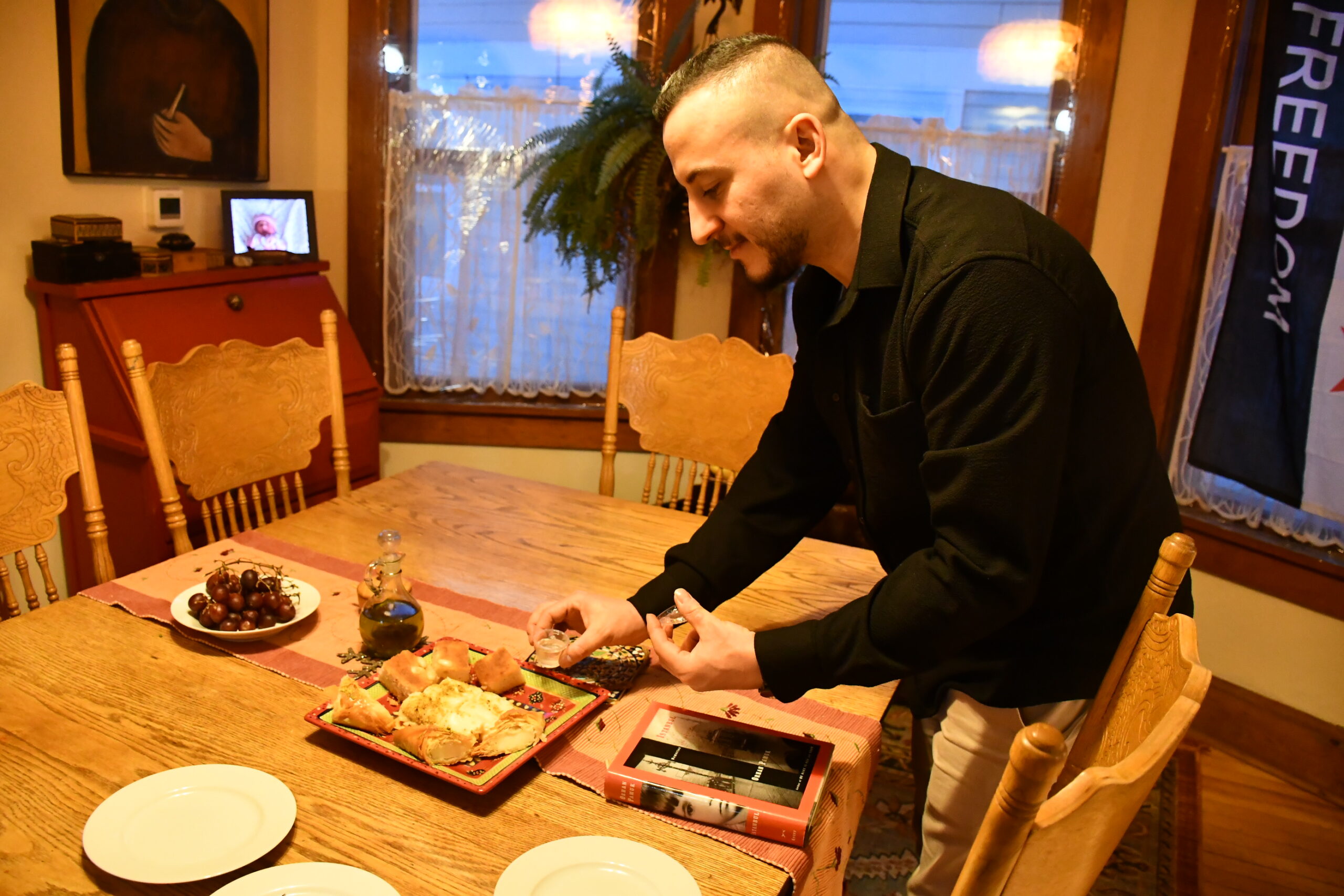
And even though he knows it might be difficult to convince young Syrians who fled to come back, he believes it is possible. After attending local children’s museums in Wisconsin, even his son tells his classmates how one day he will build children’s museums in Syria.
Now that the regime has fallen, Shayyah plans to go back to Syria. The collapse is the first step in rebuilding, he said. Because Syrians can now dream again.
For Shayyah, his nightmares stopped days after Assad fell. Now when he sleeps, he dreams of hope.
Wisconsin Public Radio, © Copyright 2025, Board of Regents of the University of Wisconsin System and Wisconsin Educational Communications Board.

